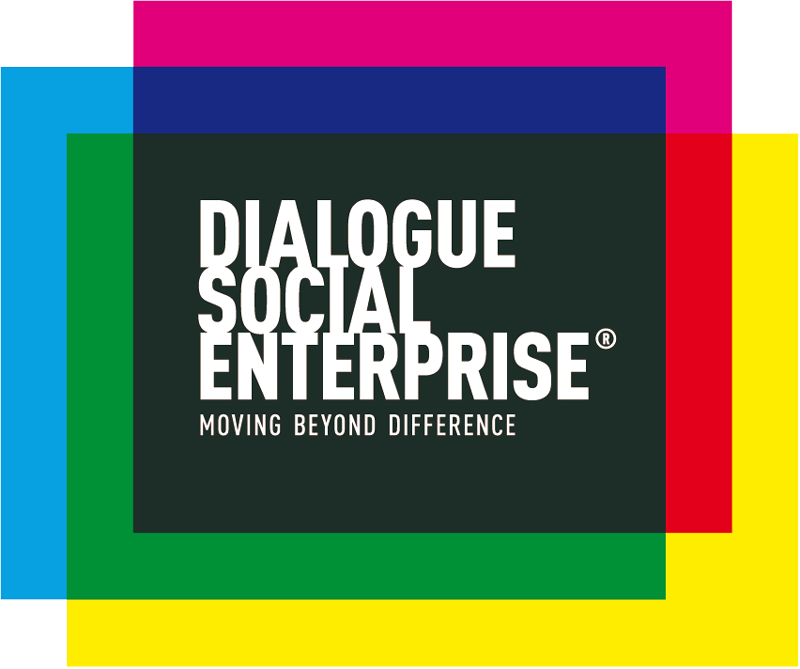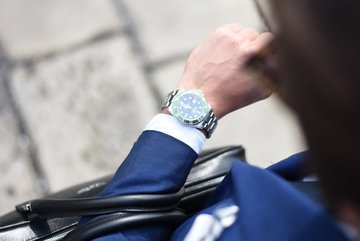As a student, she recounted that the Harvard cafeteria did not have a braille menu, so she could not decide what she wanted to eat. When she asked the manager for a Braille menu, he replied, "We are very busy and don't have time to make a Braille menu and remedy special needs.”
But as she rightly pointed out, eating is not a special need. It is a condition we all share.
The same could be said of work. Working is not a special need, working dignifies all human beings.
But the work model of continuous improvement and added value has instilled in us a mentality of impatience, a continuous alertness that hardly ever allows us to rest. And that has permeated our whole life; every day society becomes more individualistic, competitive, and accelerated; the perfect equation for exclusion and inaccessibility in both work and social life.
Lack of time and pressure are the great excuses for not being empathetic and inclusive. The feeling that we lack to achieve something leaves us no mental space to consider those around us.
In the past I used to say that despite living in Mexico - which is a country with an inaccessible infrastructure, and being a blind person, I had the advantage of the social and supportive nature of Mexicans. But that is changing. Today people wander the streets lost in their cell phones, immersed in their thoughts, and controlled by their haste.
I grew up listening to Mexicans commenting on the civility of the people in Germany, and how respect for others prevailed in the streets and on the trains. I remember the first time I visited Hamburg, a colleague accompanied me on the way from my hotel to the office, where I had to take the subway. As soon as I heard the carriage door open in front of me, I immediately wanted to jump in. My colleague grabbed my shoulder and stopped me: "I know you can't see, but there are people getting off, wait a few seconds when the door opens and then go inside."
My behavior was not triggered because I couldn't see people leaving the subway, but because of a learned incivility in my environment. However, recently a visually impaired friend told me that this is changing in Germany, especially after the pandemic. She shared with me situations where people acted impatient on trains and even behaved aggressively towards her for walking slowly or having some mobility difficulty due to her low vision.
Digital interactions are another great example. A few weeks ago, I facilitated an online workshop for a multinational company, where all the facilitators as well as the session host were visually impaired people. Having to form breakout groups, it took our host a while to organize them; it was 2.5 minutes - I counted them.
At the end of the session, one participant's feedback was that we should go into the session with the breakout groups prepared in advance because according to her, 15 minutes had been lost.
It was a comment that on the one hand showed a total lack of empathy, taking into account that the host lives with a visual disability and to organize the breakout groups he may take a little longer than a sighted person. On the other hand, the commentary showed how pressure distorts our perception, since 2.5 minutes were lost, not 15.
How many times do we blow situations up into problems or exaggerate our pressures into life and death situations?
Inclusion requires empathy that allows us to understand the other's world and generate supportive behaviors. Accessibility requires empathy that allows us to understand the reality of others and build environments that ensure their participation.
The seed is patience: a clear and broad state of mind which doesn't only consider myself, but many more people, where there is time and resources to dignify the lives of all.

